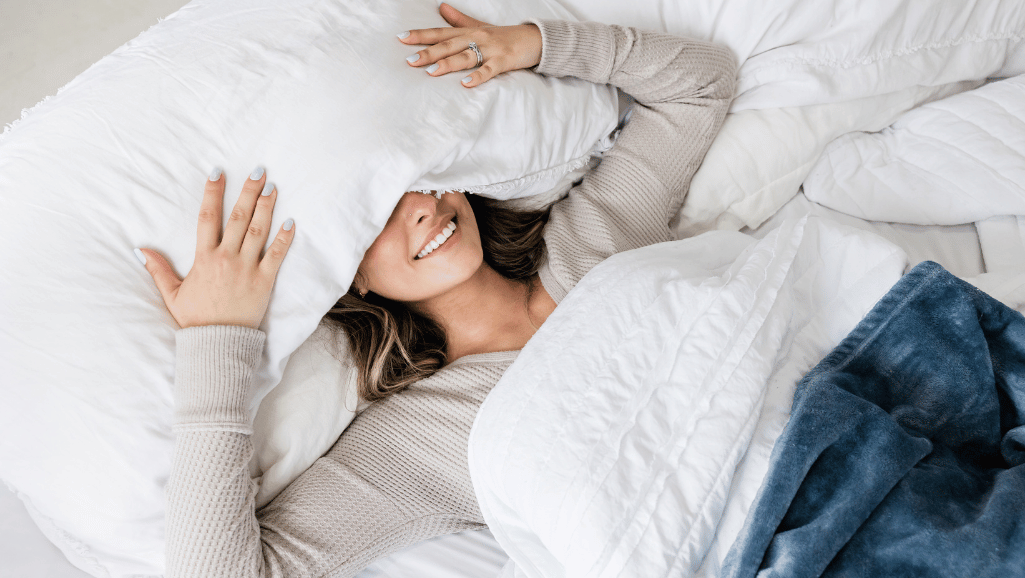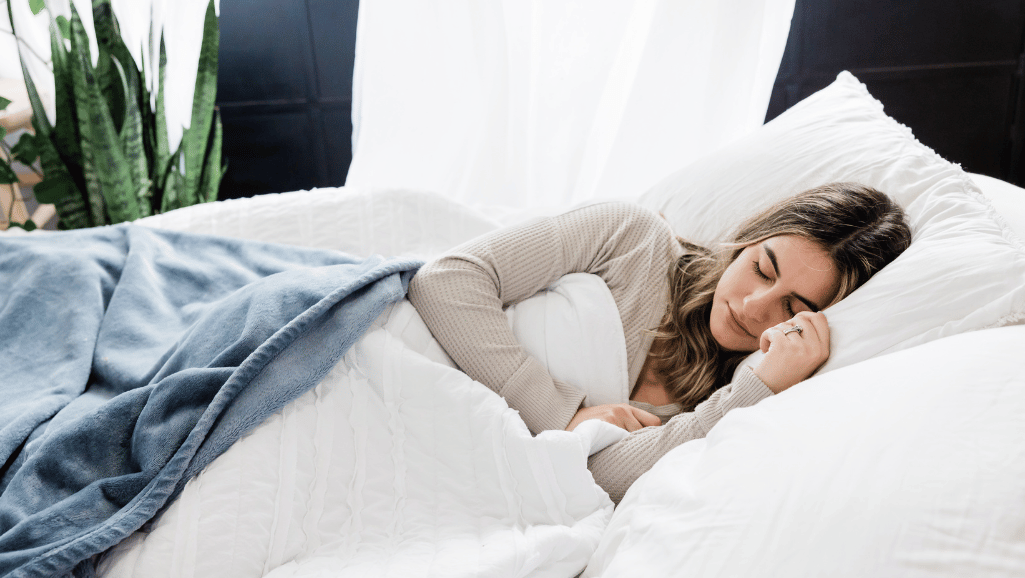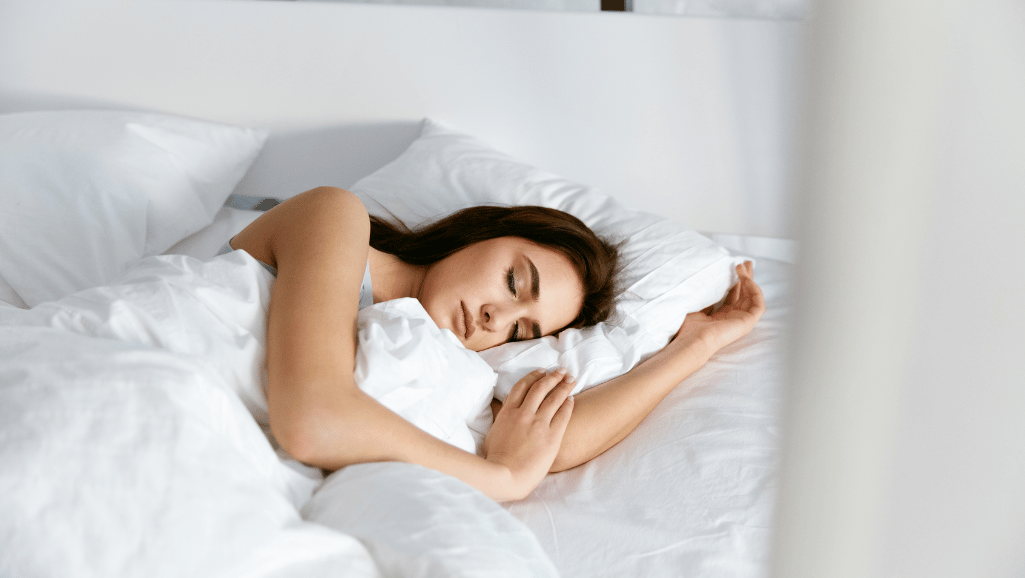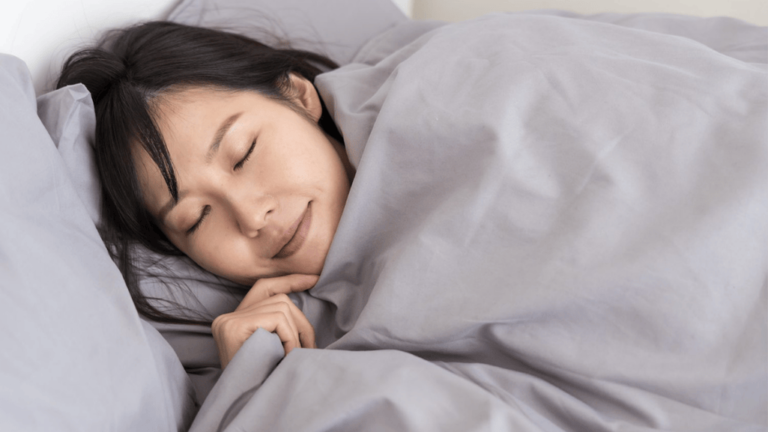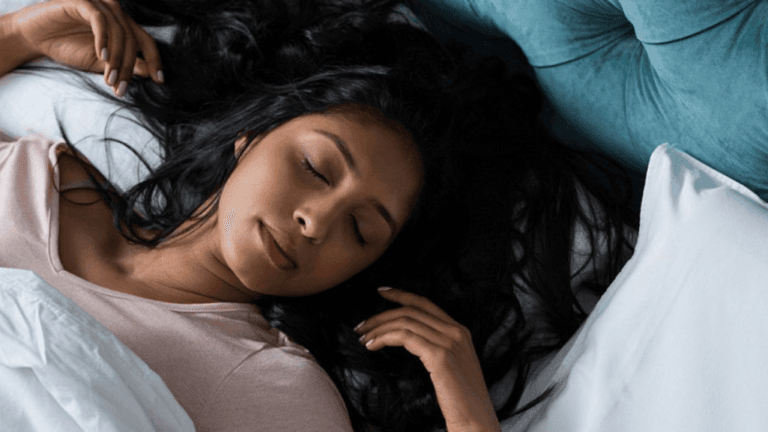Sleep is crucial, taking up about a third of our lives. It’s not just rest; sleep behaviors are key to our health. They affect our brain, heart, and almost every body part.
Good sleep quality boosts memory, focus, and quick thinking. But poor sleep can cause health problems like high blood pressure, heart disease, and depression. Let’s explore why sleep is so vital.
Our sleep patterns follow a specific structure. Sleep cycles last from 70 to 120 minutes, with different stages. These stages include non-REM and REM sleep. Knowing about these behaviors can help us sleep better and feel better.
Key Takeaways
- Sleep takes up about one-third of our lives
- Good sleep quality improves brain function and overall health
- Poor sleep can lead to various health issues
- Sleep cycles consist of non-REM and REM stages
- Understanding sleep behaviors can help improve sleep quality
The Science Behind Sleep
Sleep takes up about one-third of our lives. It’s a fascinating process. Knowing how sleep works helps us value it more and improve our sleep habits.
Sleep Stages and Cycles
Our sleep has different stages that keep repeating all night. These include REM and non-REM stages. Each stage is important for rest and recovery.
| Sleep Stage | Characteristics | Percentage of Sleep |
|---|---|---|
| NREM Stage 1 | Light sleep, easily awakened | 5% |
| NREM Stage 2 | Deeper sleep, body temperature drops | 45-50% |
| NREM Stage 3 | Deep sleep, difficult to awaken | 15-20% |
| REM | Dreaming occurs, body paralyzed | 20-25% |
Brain Activity During Sleep
Brain activity changes a lot during sleep. In non-REM sleep, brain waves slow down. REM sleep has brain activity like when we’re awake. This helps sleep do its job of rest and recovery.
The Role of Neurotransmitters and Hormones
Neurotransmitters and hormones control our sleep-wake cycle. Melatonin, the sleep hormone, makes us sleepy at night. GABA helps calm the brain, and adenosine builds up during the day to make us tired.
“Sleep is the golden chain that ties health and our bodies together.” – Thomas Dekker
Learning about sleep’s science shows how complex and important it is for our health and well-being.
Sleep Behaviors and Patterns
Sleep habits vary a lot from person to person. Age, lifestyle, and health conditions affect how we sleep. Knowing these factors helps us keep healthy sleep habits and spot sleep problems.
Kids and teens need more sleep than adults. Most adults do well with 7 to 8 hours of sleep each night. But, older people might sleep less but still need about 8 hours rest in a 24-hour cycle.
It’s important to have regular sleep patterns for good health. Going to bed and waking up at the same time every day helps set your body’s clock. Also, making your sleep area comfy can make your sleep better, as explained in this article.
“Humans spend one-third of their time sleeping, highlighting its importance in our daily lives.”
Sleep changes throughout the night. Our bodies go through different sleep stages, each with its own features:
- Non-Rapid Eye Movement (NREM) Stage: Has less activity in the sympathetic nervous system
- Rapid Eye Movement (REM) Stage: Comes with vivid dreams and more brain activity
Knowing these sleep patterns helps spot sleep issues. Issues like trouble falling asleep, waking up a lot at night, or feeling tired in the morning are common. If you keep having sleep problems, getting help from a professional is a good idea.
Healthy sleep habits can make you feel better overall. Here are ways to better your sleep:
- Drink less caffeine and alcohol in the evening
- Do regular exercise, but not right before bed
- Have a calming bedtime routine, like reading or stretching
- Keep your bedroom dark, quiet, and cool
Good sleep is key for thinking well, feeling good emotionally, and staying healthy. By understanding and improving your sleep habits, you can greatly enhance your life.
The Importance of Circadian Rhythms
Circadian rhythms are key to our daily lives. They are 24-hour cycles that control our sleep, body temperature, and hormone levels. Knowing about these cycles can help us sleep better and stay healthy.
How Light Affects Sleep-Wake Cycles
Light helps control our sleep-wake cycles. When it gets dark, our body makes more melatonin. This helps us sleep. It’s important for good sleep.
The Body’s Internal Clock
Our internal clock is in the brain and runs a cycle longer than 24 hours. It matches our planet’s rotation. This keeps us in rhythm with our surroundings.
Melatonin Production and Regulation
Melatonin, the “sleep hormone,” helps us sleep. It’s linked to our circadian rhythms. As night comes, melatonin levels go up, telling our body it’s time to rest.
| Time of Day | Melatonin Level | Body Temperature | Alertness |
|---|---|---|---|
| 6 AM | Low | Rising | Increasing |
| 12 PM | Very Low | Peak | High |
| 6 PM | Starting to Rise | Dropping | Decreasing |
| 12 AM | High | Low | Low |
Disruptions to our circadian rhythms can cause sleep problems and health issues. It’s crucial to keep a regular sleep schedule. This helps our natural rhythms for better health and well-being.
Sleep Architecture and Quality
Sleep architecture is the way our sleep stages and cycles work at night. It’s important to understand this to get good sleep. A night’s sleep usually has several cycles, each lasting 90 to 120 minutes.
Sleep stages are key to how good our sleep is. There are two main kinds: NREM and REM sleep. NREM sleep takes up 75-80% of sleep time, and REM sleep is 20-25%.
Throughout the night, you go through four to five sleep cycles. Each cycle has different stages, starting with light sleep and getting deeper before entering REM sleep. REM sleep gets longer towards morning.
Good sleep quality means spending enough time in each stage. If this pattern gets disrupted, you might feel tired during the day. Things like age, lifestyle, and sleep environment can affect sleep architecture.
| Sleep Stage | Duration | Characteristics |
|---|---|---|
| NREM Stage 1 | 5-10 minutes | Light sleep, easily awakened |
| NREM Stage 2 | 10-25 minutes | Deeper sleep, body temperature drops |
| NREM Stage 3 | Up to 40 minutes | Deep sleep, delta brain waves |
| REM Sleep | Up to 30 minutes | Vivid dreams, brain activity increases |
Keeping a healthy sleep pattern is key for feeling good. By focusing on good sleep habits and a good sleep space, you can sleep better and feel refreshed in the morning.
Common Sleep Disorders
Sleep disorders are more common than many people realize. Over 50 million Americans deal with chronic sleep problems. These issues affect their daily life and health. Let’s look at three common sleep disorders that touch many lives.
Insomnia
Insomnia is a common sleep issue, with about one-third of adults facing it. It makes it hard to fall asleep or stay asleep, leading to feeling tired during the day. Young adults often find it hard to fall asleep. On the other hand, middle-aged and older adults struggle to stay asleep.
Sleep Apnea
Obstructive sleep apnea affects at least 30 million Americans. This condition causes pauses in breathing during sleep. It leads to poor sleep quality and raises health risks. Many cases are not diagnosed, showing the need for awareness and screening.
Restless Leg Syndrome
Restless Leg Syndrome (RLS) impacts up to 15% of people, with 2% to 3% having severe symptoms. It brings uncomfortable feelings in the legs and an urge to move them. RLS can greatly affect sleep and daily life for those with it.


